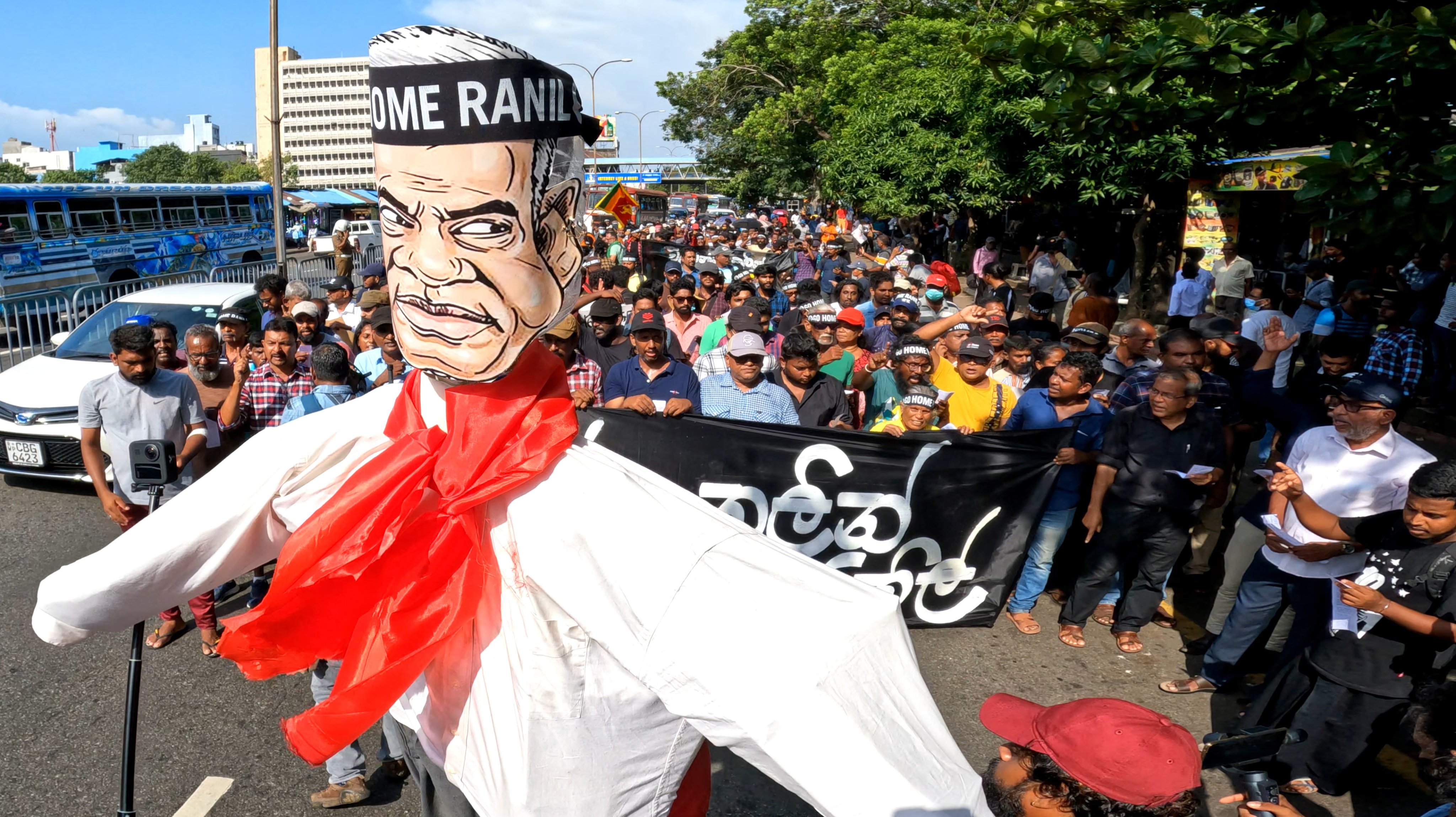Sri Lanka’s parliament has already voted and elected Ranil Wickeremesinghe, a former prime minister, as the country’s new president.
The victory was resounding: Wickeremesinghe, who until he was declared the new president was interim president of the country, obtained 134 votes out of a total of 225 deputies. His rival Dullus Alahapperuma, a former minister of the SLPP, a party that supported former President Gotabaya Rajapaksa, was only 82.
Three candidates for the presidential candidacy in Sri Lanka
Gotabaya Rajapaksa resigned by email last Friday, July 15, after having fled to the Maldives and later to Singapore. The resignation and flight followed an attack by protesters on his residence and other government buildings, demanding that he withdraw from political life in the country.
Wickeremesinghe’s residence and office were also the subject of protests, and he was required to resign as prime minister, which he had held since May. The current president of Sri Lanka did not grant the request, having automatically taken over as interim president at the time of Rajapaksa’s flight.
With a mandate until November 2024, the efforts of the new President will focus on the economic recovery of the country – which has already declared bankruptcy and faces serious food and gas shortages – in order to resume negotiations, which have been suspended, with the International Monetary Fund (IMF) for a rescue plan.
On Tuesday, July 19, three candidates were presented for the presidency of Sri Lanka. In addition to Wickremesinghe, two other deputies were competing, former minister Dullas Alahapperuma and Anura Kumara Dissanayake, from the left-wing coalition of the PNP.
Source: Observadora
